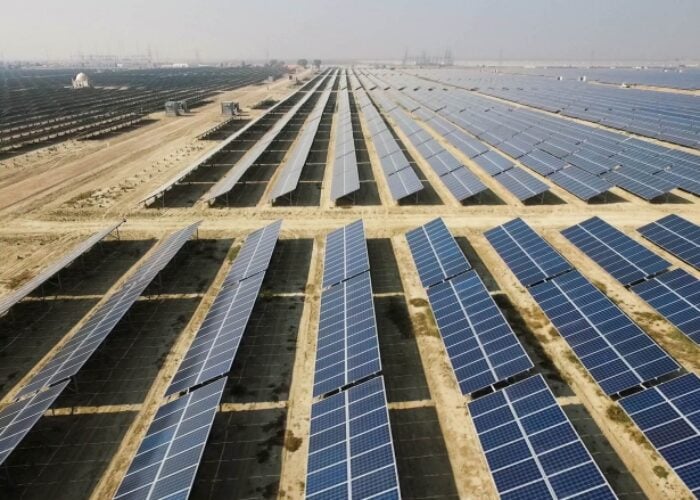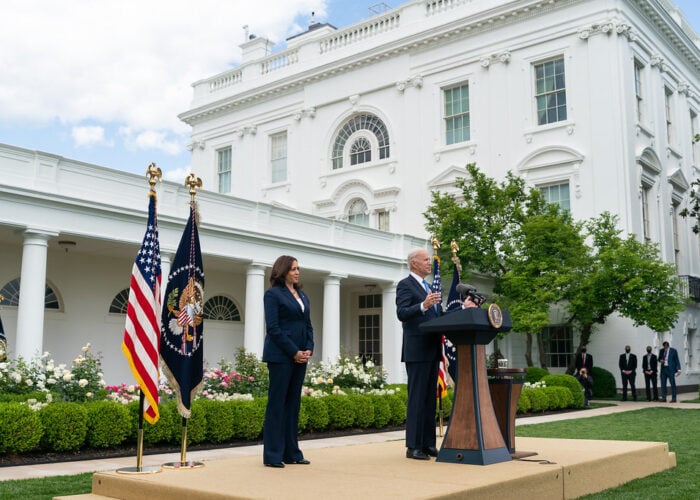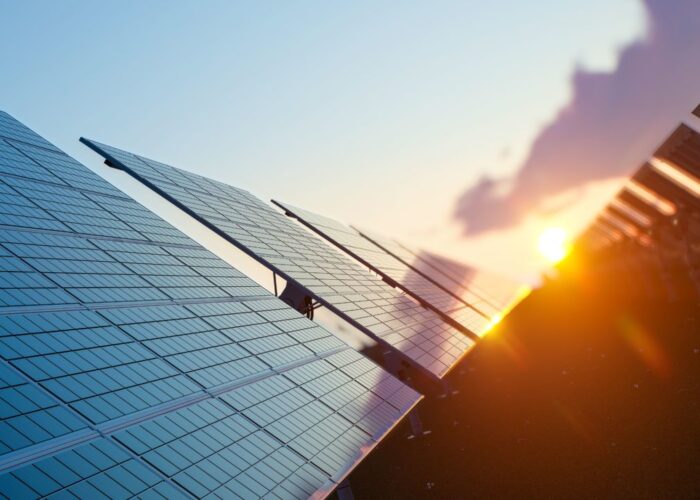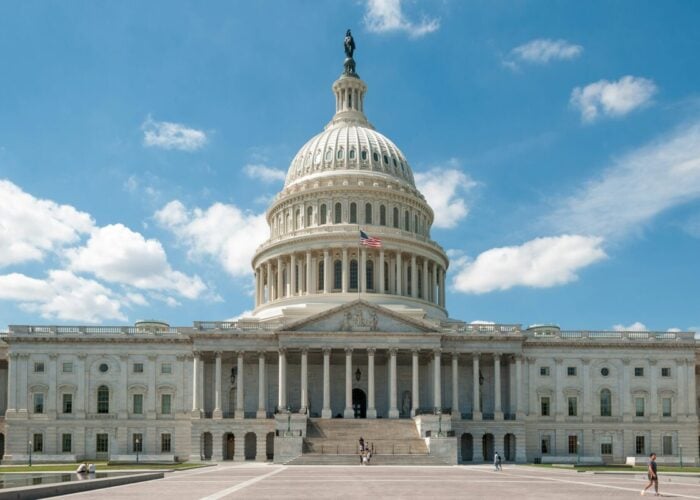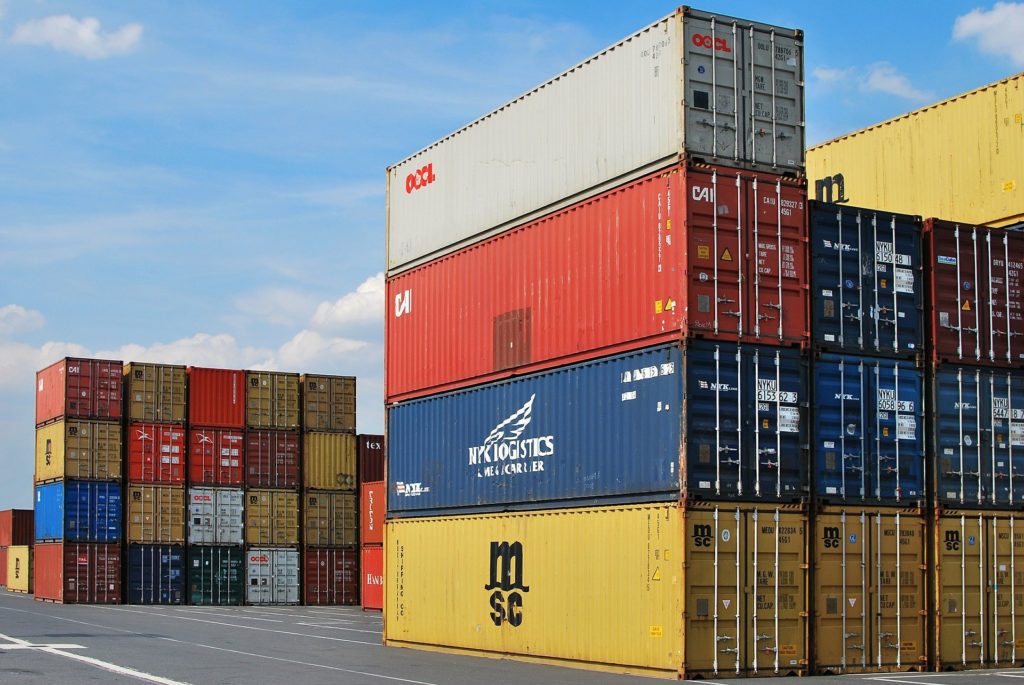
The US House of Representatives has passed the Uyghur Forced Labour Prevention Act, which aims to ban imports from China’s Xinjiang region, by an overwhelming 428-1 in a move that could have serious consequences for the country’s solar industry.
For the act to become law, it must also pass the Senate and be signed by US President Joe Biden, however a similar, yet separate bill – tabled by Republican Senator Marco Rubio – has already garnered support in the Senate.
Unlock unlimited access for 12 whole months of distinctive global analysis
Photovoltaics International is now included.
- Regular insight and analysis of the industry’s biggest developments
- In-depth interviews with the industry’s leading figures
- Unlimited digital access to the PV Tech Power journal catalogue
- Unlimited digital access to the Photovoltaics International journal catalogue
- Access to more than 1,000 technical papers
- Discounts on Solar Media’s portfolio of events, in-person and virtual
If passed in full, the bill would demand the Department of Homeland Security create a list of entities that collaborate with the Chinese government in Xinjiang and ban those goods from entering the US.
A “rebuttable presumption” clause assumes that all goods originating from Xinjiang are made with forced labour, and are therefore banned, unless the US Customs and Border Protection (CBP) commissioner gives an exception.
Republicans had previously accused Biden and the Democrats of dragging their feet on the treatment of Uyghurs in Xinjiang, claiming action on the subject to be potentially damaging to the President’s clean energy goals.
Last month, Democrat Senator Jeff Merkley said “hesitancy” on the part of the Biden administration was down to concerns about “critical supply chains and the ability to clearly establish what material goods have been tainted by forced labour”.
But the Bill does include some exceptions. If the CBP commissioner determines “by clear and convincing evidence” that the imported items were not the product of forced labour then importation can go ahead.
The Bill said: “Forced labour exists within the Xinjiang Uyghur Autonomous Region’s system of mass internment camps, and throughout the region.
“It is the policy of the United States to prohibit the import of all goods […] manufactured, wholly or in part, by forced labour from the People’s Republic of China and particularly any such goods […] produced in the Xinjiang Uyghur Autonomous Region of China.”
The Bill was authored and introduced by democratic Congressman James McGovern, chairman of the House Rules Committee and co-chair of the Congressional-Executive Commission on China.
“No more business as usual,” said McGovern. “I am especially grateful to Speaker Pelosi for her longstanding and principled leadership on this issue and for getting it to the floor for a vote, and I urge the United States Senate to quickly pass this bill and get it to President Biden’s desk for his signature.”
Jenny Chase, head of solar analysis at research organisation BloombergNEF (BNEF), said that the Bill passing the House is probably mostly expected: “I think manufacturers have already been preparing to separate their supply chains for the US and for other markets in the event of firm legislation passing, especially as modules have already been stopped at the border for not being able to prove Hoshine-free supply.”
Solar manufacturers are already navigating complex import restrictions relating to products from some Xinjiang-based polysilicon providers following this summer’s Withhold Release Order (WRO), which prohibited the importation into the United States of silica-based products made by Hoshine Silicon Industry Co. or any of its subsidiaries.
PV Tech Premium has deciphered what the WRO means for the US solar sector.
While some manufacturers are working to establish supply chain transparency and provide documentation sufficient to prove there are no connections to forced labour in their supply chains, this is widely understood to be a complex process that could still be months away from being in place.
JinkoSolar, for example, has seen its module shipments seized in relation to the WRO and has responded by working to establish an integrated supply chain outside of mainland China – with polysilicon sourced from Wacker Chemie in Germany – however the manufacturer does not expect this product line to be producing at volume until the second half of next year.
Article updated to include comment from BNEF.

